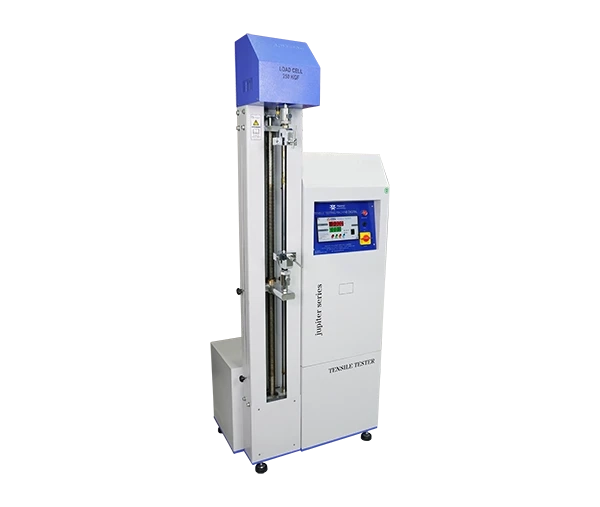Tensile testing is a crucial procedure in the world of material science and manufacturing. Understanding the breaking force of materials is essential for ensuring product reliability and safety. One of the most advanced instruments used for this purpose is the Tensile Machine, also known as the Tensile Strength Tester. This article explores the functionality, features, and significance of the Tensile Machine in measuring the strength of various materials.
The Importance of Tensile Testing
Before delving into the specifics of the Tensile Machine, it\'s essential to grasp the importance of tensile testing. In industries ranging from polymer to textile, knowing the breaking strength of materials is paramount. This information informs material selection, quality control, and product development processes, ultimately impacting consumer satisfaction and safety.
Understanding the Tensile Machine
The digital tensile testing machine is revered for its ergonomic design and universal versatility. As a Tensile Strength Tester, its primary function is to measure the force required to break a specimen. This instrument is indispensable in manufacturing industries worldwide, offering a comprehensive solution for assessing material strength.
How Does a Tensile Machine Work?
At the heart of the Tensile Machine are its grippers, which securely hold the sample in place during testing. Various gripper designs cater to different sample types, ensuring accuracy and precision. Specimens, ideally dumbbell or rectangular-shaped, are clamped between the grippers with a specified distance of 25mm to maintain consistency.
Once the specimen is clamped, the grippers move in opposite directions, applying force until the material reaches its maximum elongation and ultimately breaks. The speed of this movement is adjustable, allowing for precise testing as per standard requirements. Digital meters display load and elongation readings, providing valuable data for analysis.
Features of the Tensile Machine
The Tensile Machine boasts an array of features aimed at enhancing testing accuracy and user experience. One notable feature is the availability of different gripper types, ensuring compatibility with various sample shapes and sizes. This versatility enables the Tensile Machine to perform perforation tests with ease.
Manufactured with a robust load frame, the Tensile Machine can withstand even the toughest specimens. A rotary switch facilitates convenient operation, while security features such as load cells and limit switches prevent overtraveling during testing. Additionally, the machine provides precise readings of specimen elongation, further enhancing result accuracy.
Presto Group\'s Contribution
As a leading manufacturer and supplier of Tensile Strength Testers, Presto Group has played a pivotal role in advancing tensile testing technology. Their machines feature high-quality construction, with stainless steel and mild steel components coated for corrosion resistance. Optional accessories, like dumbbell specimen cutters, further enhance testing accuracy.
Conclusion
In conclusion, the Tensile Machine stands as a cornerstone in the realm of material testing. Its ability to measure breaking force and elongation accurately makes it an indispensable tool for manufacturers across industries. Whether in India or globally, the Tensile Machine from Presto Group offers a hassle-free solution for assessing material quality and ensuring product integrity.



